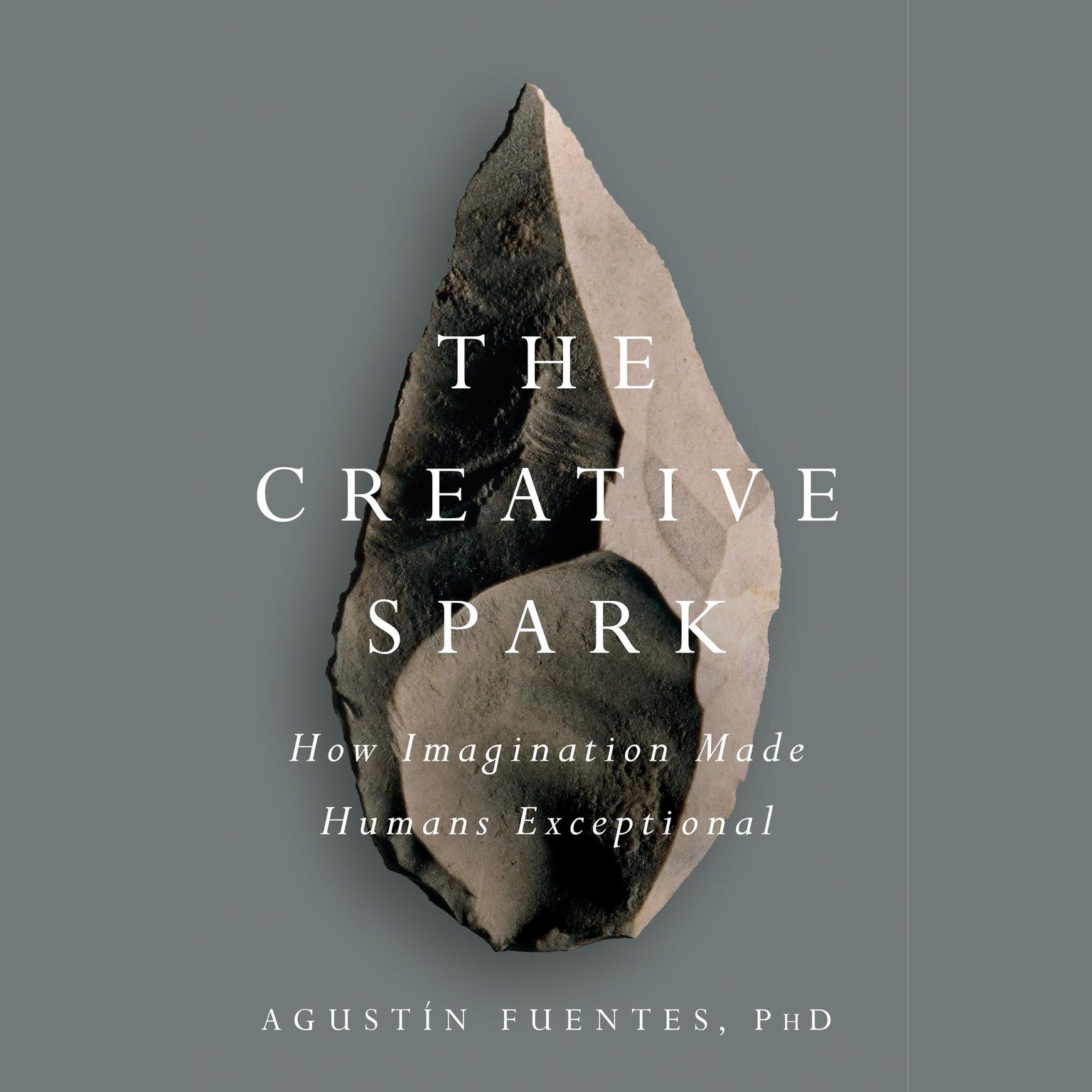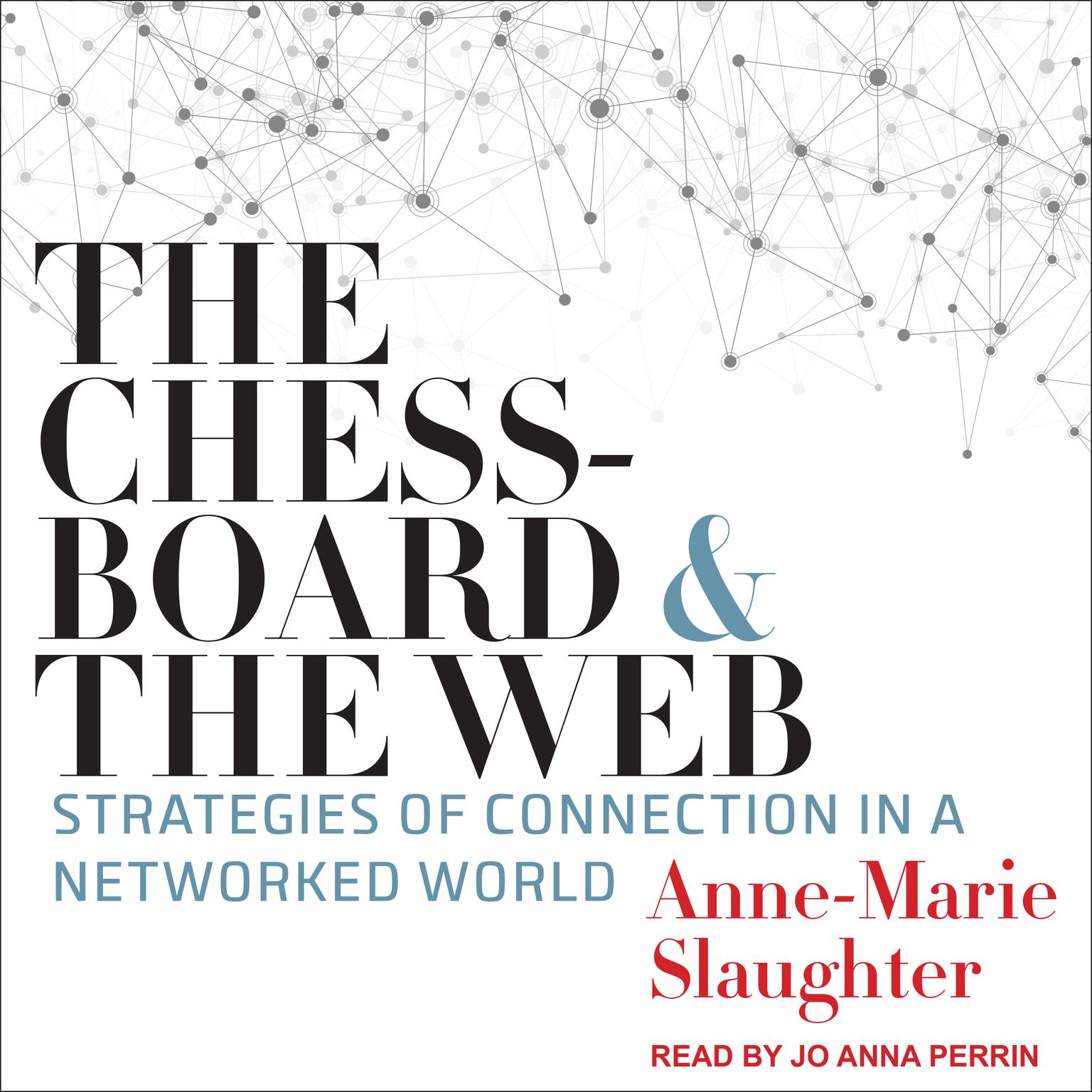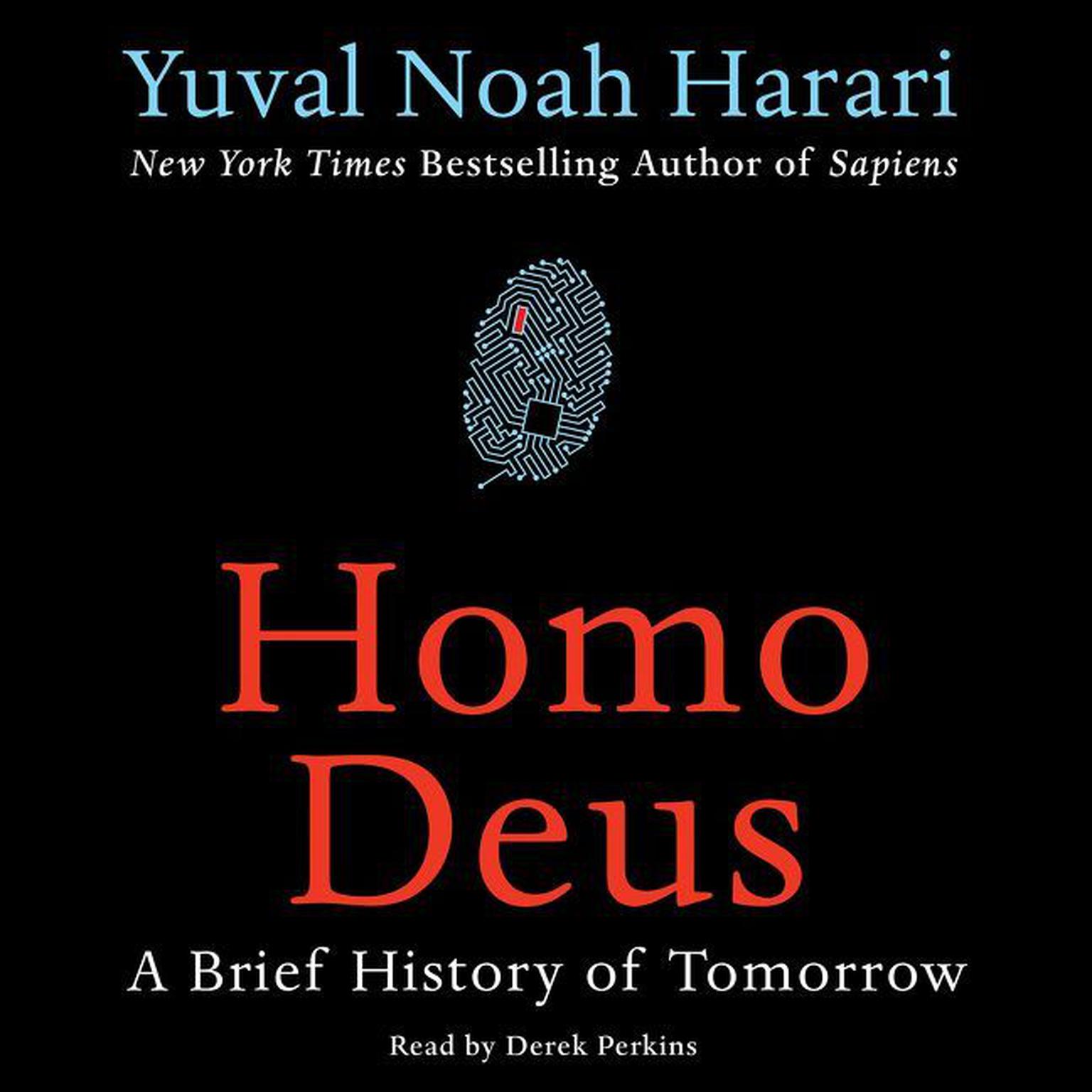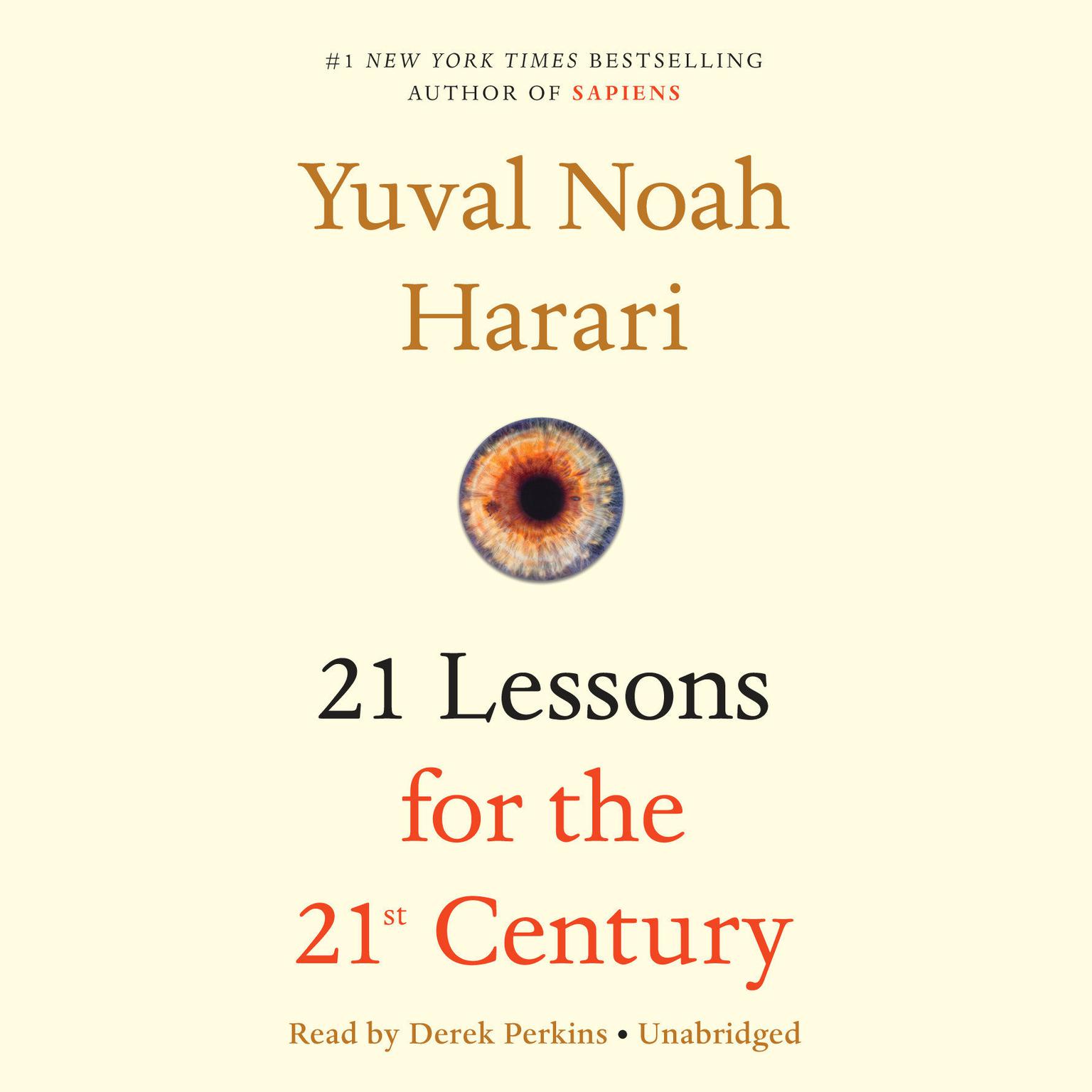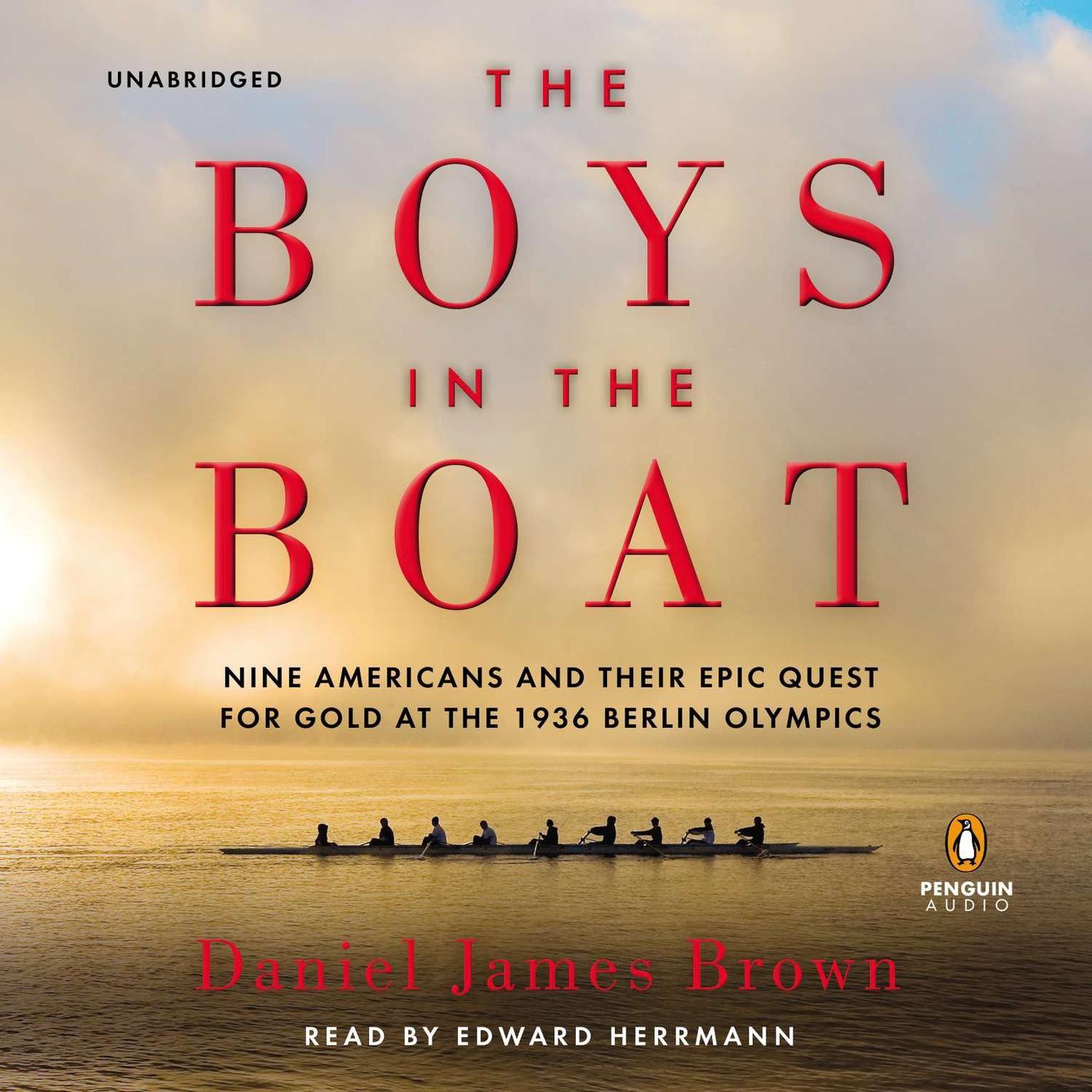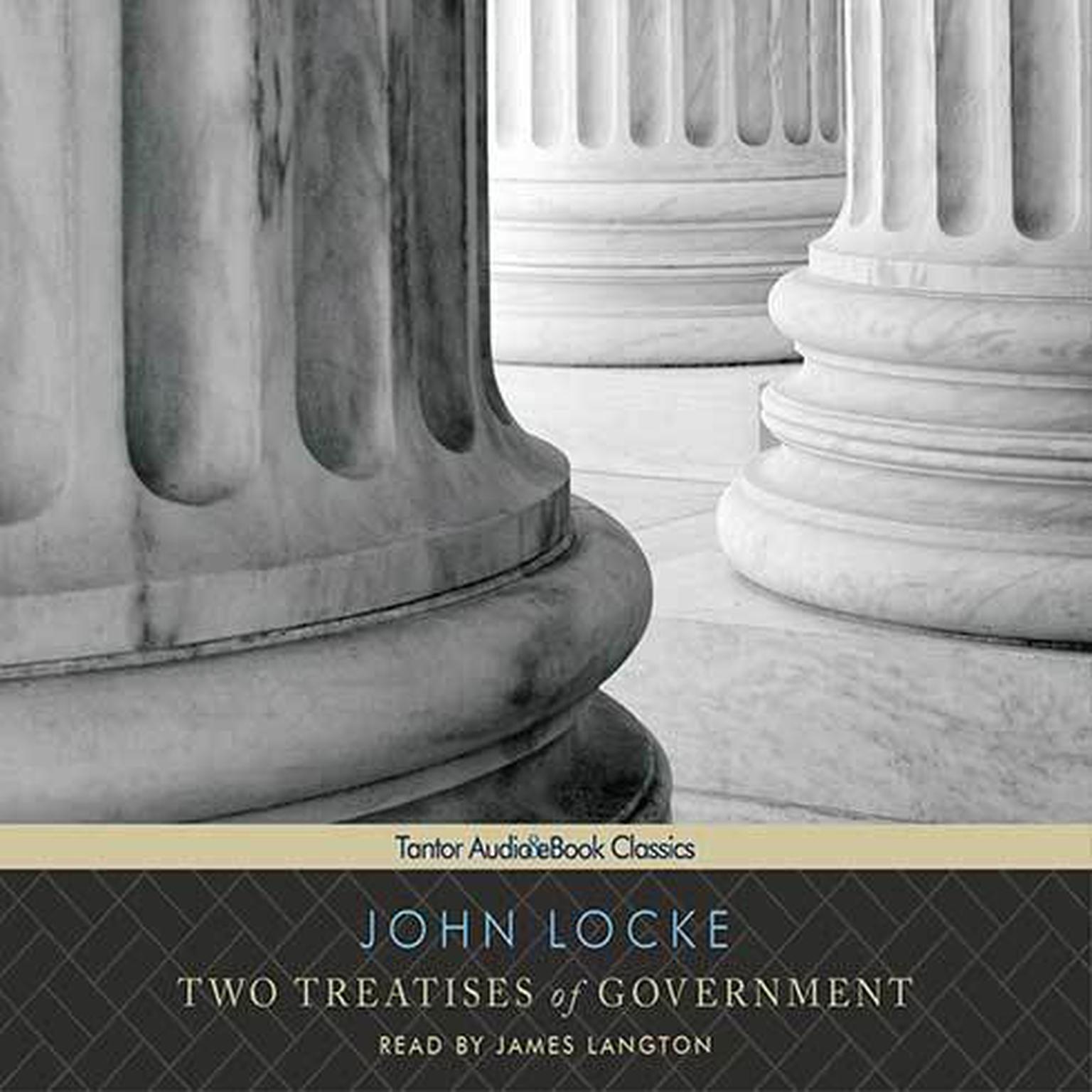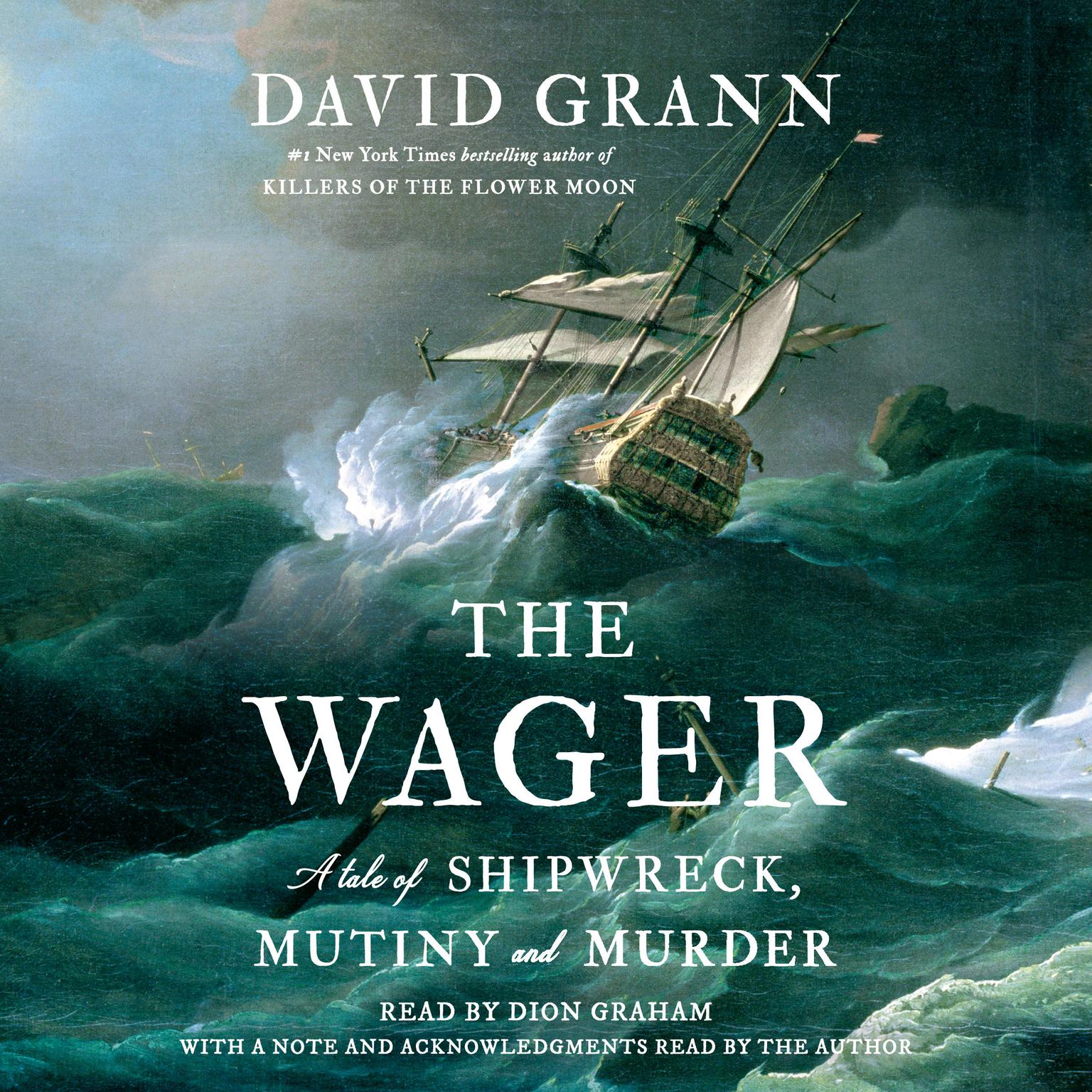Publisher Description
A bold new synthesis of paleontology, archaeology, genetics, and anthropology that overturns misconceptions about race, war and peace, and human nature itself, answering an age-old question: What made humans so exceptional among all the species on Earth? Creativity. It is the secret of what makes humans special, hiding in plain sight. Agustín Fuentes argues that your child’s finger painting comes essentially from the same place as creativity in hunting and gathering millions of years ago, and throughout history in making war and peace, in intimate relationships, in shaping the planet, in our communities, and in all of art, religion, and even science. It requires imagination and collaboration. Every poet has her muse; every engineer, an architect; every politician, a constituency. The manner of the collaborations varies widely, but successful collaboration is inseparable from imagination, and it brought us everything from knives and hot meals to iPhones and interstellar spacecraft. Weaving fascinating stories of our ancient ancestors’ creativity, Fuentes finds the patterns that match modern behavior in humans and animals. This key quality has propelled the evolutionary development of our bodies, minds, and cultures, both for good and for bad. It’s not the drive to reproduce; nor competition for mates, or resources, or power; nor our propensity for caring for one another that have separated us out from all other creatures. As Fuentes concludes, to make something lasting and useful today you need to understand the nature of your collaboration with others, what imagination can and can’t accomplish, and, finally, just how completely our creativity is responsible for the world we live in. Agustín Fuentes’s resounding multimillion-year perspective will inspire readers—and spark all kinds of creativity.
Download and start listening now!
“Harnessing the latest findings in evolution, biology, and archaeology [Fuentes] creates a new synthesis to show that the great drivers of human progress have been creativity and cooperation and that many of the things we believe about ourselves, from religion to race, are wrong.”
—
National Geographic
